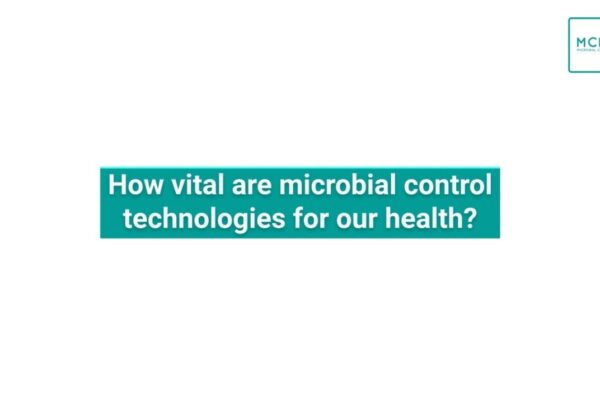In June, Cefic published its 2020 report on the reported cases of non-compliant imported products to the EU via the EU’s Rapid Alert System. Last year, in context of the Covid-19 crisis, some of the highest non-compliant imported products were hand sanitisers. Together with Cefic, MCEC members urge market surveillance authorities to step up enforcement of the necessary controls for imported goods.
The increase of availability of hand sanitisers was much expected last year and in 2021 in response to the crisis measures adopted for the control of the SARS-CoV-2 virus. Several EU Member States undertook national investigations to better quantify the surge in the availability of these products. For instance, authorities in Sweden identified that production and import of hand and surface sanitisers rose by respectively 400% & 250% in 2020 compared to the year before. The number of producing companies also strongly increased. Given the magnitude, the number of non-compliant products in the national market mechanically increased, sometimes caused by “complicated and extensive regulations”, the Swedish Chemicals Agency noted.
Products were found to be non-compliant in the EU exercise for two important reasons:
- They were not compliant with classification and labelling rules: they were not labelled as flammable products or as containing methanol;
- They were not compliant with the biocidal products regulation: they did not contain enough ethanol, thus being ineffective to kill viruses & other germs.
For the microbial control industry, the serious spike in the availability of non-compliant disinfection products on the EU market is of great concern: trust in these products must be maintained for consumers and professional users, as they are an effective barrier against risks of contamination in our daily lives and activities. These non-compliant products can undermine this trust in the longer term and when not adequately addressed, can lower our overall level of protection against hazardous germs and microbes.
The regulatory regime for biocidal products and the classification of chemicals regulations are cornerstones of the European microbial control industry: they help ensure safety and proper communication about our technologies and products. Their proper enforcement is therefore at the core of the good coordination between industry, authorities and citizens, and was identified as an area requiring improvement, under the priorities of the Chemicals Strategy for Sustainability.
The full Cefic report can be consulted here.






